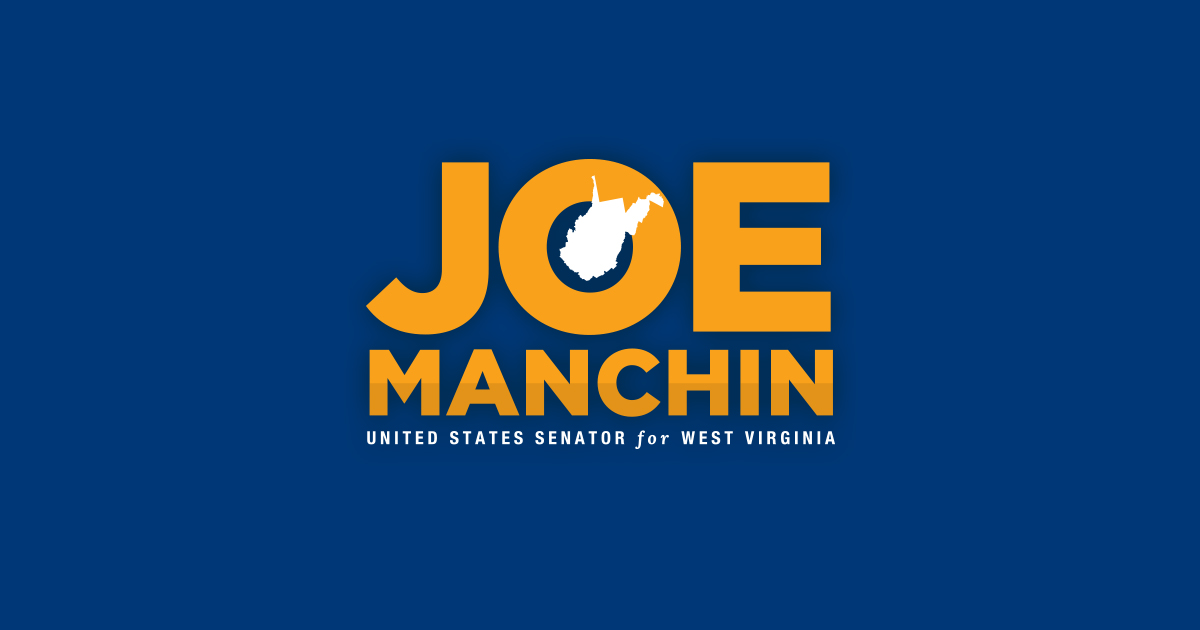Source: United States Senator for West Virginia Joe Manchin
Charleston, WV – U.S. Senators Joe Manchin (D-WV) and Shelley Moore Capito (R-WV), members of the Senate Appropriations Committee, today announced $6,842,160 from the National Science Foundation (NSF) to support seven research projects at West Virginia University (WVU).
“West Virginia University is a leader in groundbreaking research and continues to represent our state well on a national level. I am pleased the National Science Foundation is investing in seven research projects at West Virginia University that will also engage West Virginia students through hands-on learning experiences. I look forward to seeing the impact of this important research and I will continue to work with the National Science Foundation to boost research across the Mountain State,” Senator Manchin said.
“Projects from the National Science Foundation help strengthen the education of students in West Virginia and encourage future generations to enter and thrive in STEM fields,” Senator Capito said. “These projects announced today to increase research capabilities at WVU will provide quality research opportunities to students from a wide range of backgrounds. I will continue to advocate for the resources our students and researchers need and support additional projects like this in our state. I’m pleased that NSF has recognized in increasing ways the contributions West Virginia institutions like WVU can make.”
Individual awards listed below:
· “NRT-HDR: Bridges in Digital Health” – $3,000,000
o This project will address challenges by developing a new graduate education and traineeship model to prepare professionals who can work in collaborative transdisciplinary teams to develop and apply data science and artificial intelligence (AI) techniques in addressing difficult problems in Digital Health, including in rural areas. The project anticipates training 24 funded and 40 unfunded MS and PhD students from different backgrounds, including engineering, computer science, medicine, health sciences, physical sciences, and economics.
· “AccelNet-Implementation: The International Pulsar Timing Array” – $1,998,146
o This project will broaden the reach of the International Pulsar Timing Array (IPTA) beyond researchers and students from North America, Europe, and Australia to include China, India, and South Africa. In addition to enhancing observations of pulsars distributed across the sky, the expanded IPTA network will provide sophisticated cyber-infrastructure and training for students and postdoctoral researchers in astrophysics, radio instrumentation, signal processing, and data science.
· “CRCNS Research Project: Collaborative Research: Experimental, Numerical, and Robotic Study of the Role of Dynamic Load Sensing in Legged Locomotion” – $629,806
o This project will aim to better understand the importance of sensing dynamic load (dF/dt) to the neural control of locomotion. The investigators will study the force sensing of stick insects and cockroaches, which are amenable to experimentation due to their external force sensing organs, campaniform sensilla (CS). This project will also increase training in STEM through robotics workshops for West Virginia middle- and high-school students, and teaching and mentoring activities focused on women and first-generation college students.
· “The Petabyte Project for Fast Radio Transients” – $432,848
o This project will harness many diverse archival and new data sets to perform an unprecedented uniform search across multiple observing systems and radio frequencies. The researchers will work with two strong existing outreach programs at WVU, the Science Public Outreach Team (SPOT) to introduce area high-school students to machine learning applications, and the Pulsar Search Collaboratory (PSC) summer program, to enable high school students to participate in the research by helping to classify radio sources.
· “Effect of Surface-Bulk Partitioning on the Oxidation of Aqueous Dicarboxylic Acid Aerosols” – $382,073
o This project will study the oxidation of atmospheric aerosols with a specific focus is on the reaction of organic molecules at the surface of particles with free radicals. The project will also investigate how the chemistry between the gas and particle phase can change particle composition. It will provide training opportunities for undergraduate and graduate students, including first generation college students and students from the Appalachian region.
· “Undergraduate Knowledge of the Mathematics Graduate School Application Process (Knowledge-GAP)” – $349,287
o This project will illuminate how undergraduate student knowledge about the graduate school application and admissions processes acts as a barrier to earning advanced degrees in mathematics for students historically underrepresented in STEM disciplines. It aims to position the investigator to contribute knowledge about the STEM graduate school pipeline and to explore the historic inequalities built within that pipeline.
· “Collaborative Research: Exoskeleton-Assisted Worker Performance Augmentation in Construction” – $50,000
o This project will investigate the impacts of wearing exoskeletons and exosuits (EXOs) for the future of construction trade workers.
